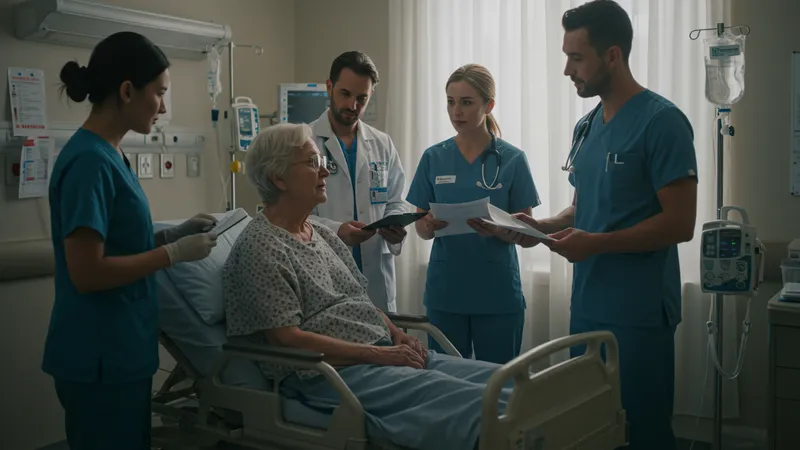
Understanding Senior Pneumonia: Risks And Care
Pneumonia Care Practices for Seniors in Australia
Effective pneumonia care begins with prompt diagnosis and continuous monitoring, especially for seniors whose illness may progress rapidly. Hospitalizations are common among Australians over 70, making discharge planning and post-hospital follow-up vital. Hospitals often coordinate with community nurses to ensure seniors return home to a supportive, well-informed environment where treatment regimens are followed meticulously.

Rest and hydration remain foundational, but care plans are increasingly individualized. In some cases, rehabilitation specialists work with patients to restore mobility and lung capacity post-infection. This approach not only accelerates physical recovery but also reduces the likelihood of re-admission for pneumonia or related complications.
Medication management can be complex for older Australians, who may already be on numerous prescriptions. Healthcare teams attentively monitor for interactions and adjust antibiotics or supportive drugs as required. Families are encouraged to maintain medication schedules and watch for any signs of side effects or deteriorating conditions, reporting concerns promptly to the care team.
Peer and caregiver support is a critical, if sometimes overlooked, element of the recovery process. Accessing advice from trusted sources like Lung Foundation Australia and community support groups increases confidence and competence among both patients and their loved ones. Such networks allow families to share best practices and emotional support throughout the recovery trajectory.